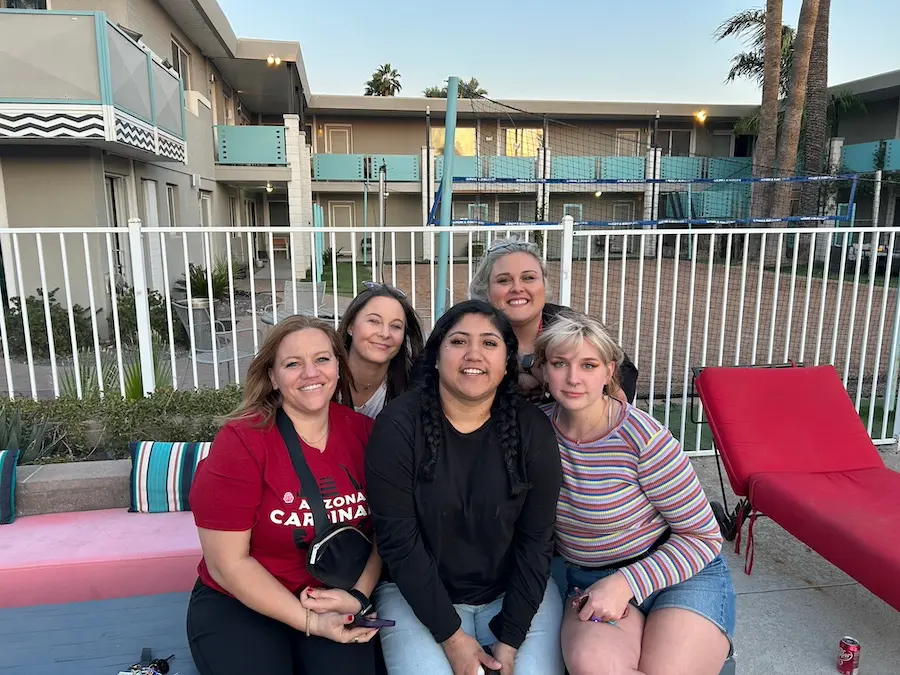At Sober Apartment Living, we understand that recovery is not an easy journey. However, with the right support and encouragement, individuals can overcome their addiction and lead a healthy and happy life. If you have a friend or family member who is in recovery, you can play a vital role in their journey by offering the right kind of support.
Here are 7 tips on how to support someone in recovery.
7 Tips on How to Support Someone in Recovery
1. Be there for them.
One of the most important things you can do to support someone in recovery is to be there for them. You can do this by making time for them, listening, and having honest conversations. You might not understand their experiences, but you can offer a nonjudgmental ear to listen.
Celebrate their achievements, no matter how small, and remind them of how far they have come. Friendship is so important for lifelong recovery.
2. Avoid triggers.
Triggers can be anything that reminds a person of their addiction and can cause them to relapse. To support your loved one, try to avoid triggers that may cause them to slip back into old habits. This may mean avoiding certain places or activities, such as bars or parties where drugs or alcohol are present and being mindful of your own habits around them.
3. Educate yourself.

It is important to educate yourself about addiction and recovery. This will help you to understand what your loved one is going through and how you can best support them. Sure, they might explain some of it to you, but it is not their responsibility to inform you.
In fact, there are some things that may even be difficult to talk about. Do your best to learn and understand. You can always attend support groups or read books about addiction and recovery to better understand how to support someone in recovery and gain a deeper understanding of the challenges someone is facing.
4. Encourage healthy habits.

Healthy habits, such as exercise and eating a balanced diet, can help your loved one to feel better both physically and mentally. While they may enjoy a handful of these activities alone, you can also join them and create new memories and experiences together.
It’s helpful to focus on physical health by going for walks, runs, or joining a gym. You can even start cooking healthy meals together for a change of pace.
5. Celebrate milestones.
Recovery is a journey, and it is essential to celebrate milestones along the way. Whether it’s a month or a year of sobriety, take the time to acknowledge and celebrate your loved one’s achievements. This can provide them with the motivation they need to continue their journey.
6. Respect their boundaries.
While it is important to be supportive, it is also crucial to respect your loved one’s boundaries. If they don’t want to discuss their recovery, don’t push them. Let them know that you are there for them when they are ready to talk.
7. Don’t hyper-fixate on their recovery.

While it’s important to provide a safe and supportive environment, it’s also essential to focus on your loved one’s interests and hobbies outside of their addiction. Think back to all the activities and interests that bonded you & encourage them to participate in activities they enjoy – such as playing sports, gaming, or listening to music.
By engaging in these activities together, you can strengthen your relationship and help your loved one feel supported in their recovery. Remember to be normal and avoid making everything about their addiction.
Discovering how to support someone in recovery can be challenging, but it is also incredibly rewarding. By following these tips, you can help your loved one to achieve and maintain sobriety. Remember, recovery is a journey, and your love and support can make all the difference.
Going the Extra Mile
Wondering how you can support someone in an even bigger way? Getting them set up in a sober home is a great place to start. Here at SAL, we focus on lifelong sobriety and personal growth for every one of our residents, for as long as they need. If you are looking for a place to thrive in sobriety, this is it!
Get in touch to learn more about our sober living here.





